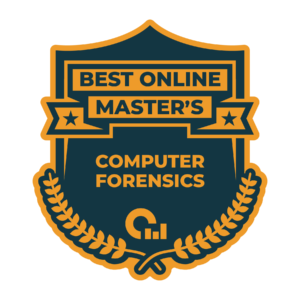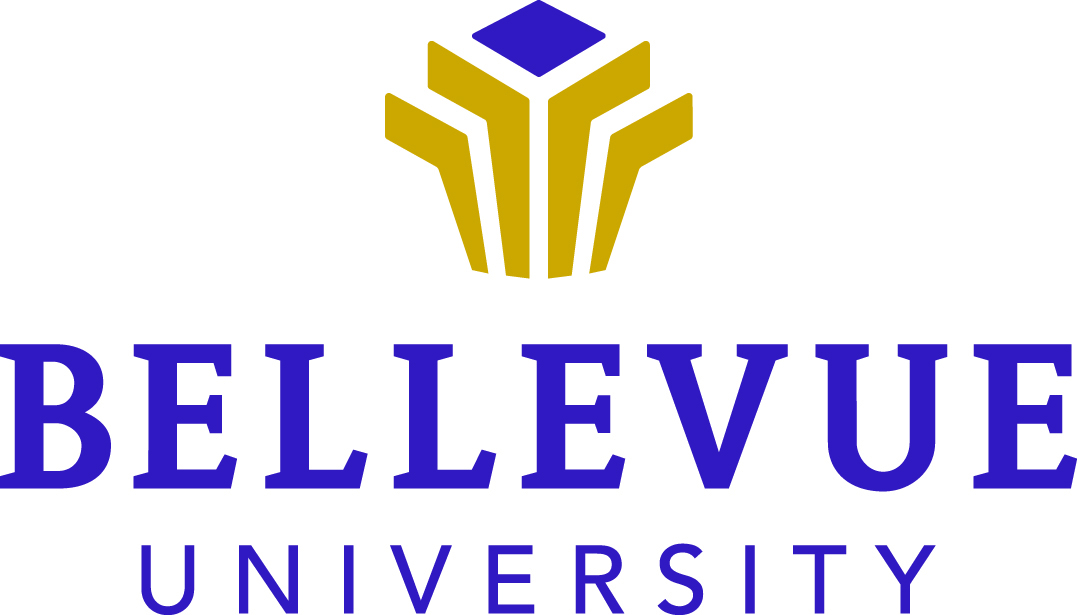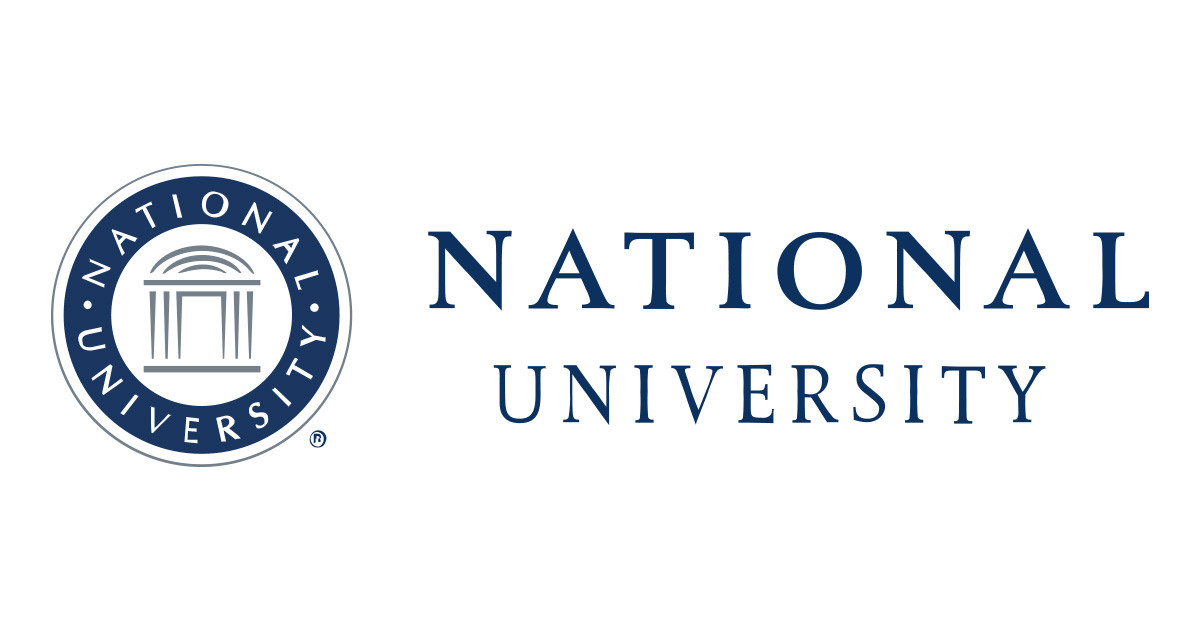 Do you ever wonder what technology innovations will mean to our future? Are you interested in being a part of those advances and developments? A career in computer forensics may be the challenging, cutting-edge opportunity you need to get excited about your future and possible occupations.
Do you ever wonder what technology innovations will mean to our future? Are you interested in being a part of those advances and developments? A career in computer forensics may be the challenging, cutting-edge opportunity you need to get excited about your future and possible occupations.
A fascinating job in information technology and the arena of digital forensics could be the ideal combination of hands-on work and academic stimulation for your future. In addition, problem-solving skills and analysis training in computer forensics programs are requirements for most leadership positions.
What Is an Online Master’s in Computer Forensics?
An online master’s in computer forensics opens information technology career options in the cybersecurity world. Since computer forensics focuses on the security and the trackability of digital information, you will investigate, analyze, manage and secure a variety of different kinds of computer data. Computer forensic scientists are needed in public, private, and government-related fields to prevent cybercriminals from stealing, falsifying, exposing, or deleting information that can be found on the internet or even through secure computer connections within an organization. Master’s degree holders will learn how to leverage their expert computer security and investigative skills with the legal ethics related to digital information and develop team leadership skills.
How Much Can You Earn With an Online Master’s in Computer Forensics?
With a master’s degree in forensic science, graduates can work as computer and information systems managers. According to the US Bureau of Labor and Statistics, the median pay in 2020, was around $151,150 per year. In addition, computer and information research scientists holding a master’s earned $126,830, while information security analysts made about $103,590. Cybersecurity analysts and investigators can gain entry-level positions in computer forensics but they also can expand their salary earnings with professional experience, industry certifications, or a master’s degree program.
What Is Required For an Online Master’s in Computer Forensics?
Earning a master’s degree in computer forensics first begins with a bachelor’s degree in a computer or technology-related field. While up to two years of professional experience in the industry is helpful, it’s not essential. However, a number of master’s programs provide opportunities to test out courses for the degree program if an applicant provides evidence of professional experience. In some instances, program advisors for some institutions will approve work-related experience as course credits. This is evaluated on a case-by-case basis. Proficiency in some computer languages is often recommended, and more and more programs offer preparations for professional certification testing or build the full certification process into their program.
What Are the Best Online Master’s in Computer Forensics?
OSR uses six data points: three school-wide and three program-specific. For school-wide, OSR uses Student Satisfaction, Admission Rates, and the number of programs the school offers online. For program specific, OSR checks the Median Debt of graduates from that program, how many degrees are offered within that program’s umbrella department, and what percentage of students at that school graduated from that department.
The six statistics are displayed by each school. The sliding bar under each statistic represents how that school compares to other US institutions. “Not reported” means a school did not release that information to the US Department of Education. A more detailed description of the OSR process can be found on the methodology page.
Frequently Asked Questions
Why is cybersecurity a top challenge for military, government, and law enforcement agencies?
Since the 2008 U.S. Department of Defense military computer network breach, the U.S. has ramped up its efforts to troubleshoot security issues to create more and more impenetrable computer systems and to track down cyber violations in the IT world. As hackers and cybercriminals become more skilled at penetrating computer systems, the important data of corporations, governments, and even private citizens is more at risk. Threats to our economy, environment, and even our fresh water and food sources emerge every day.
As the New York Times reported in a May 2020 article on the cyberattack that crippled the gas supply in the U.S., criminals that can hack into a company’s essential supplies have the ability to bring economies like the U.S. to a standstill. Military agencies that utilize secure data servers and systems rely on top security measures and computer forensic professionals to protect weapons information — data that is critical to national security and to safeguard personnel that directly and indirectly serve our country.
Is there a difference between computer science and computer forensics?
Computer science and computer forensics are both digital information arenas that overlap in key areas. The need for skills in computer languages and programming, ethics, analysis, data mining, and even data tracking are universal to both computer science degree holders and computer forensic professionals. According to an October 2000 FBI communication on the need for forensic science professionals, Americans and American companies are “more invested in information processing and management than manufacturing goods.” So, the need to protect that information is as great as the need to provide citizens material goods themselves.
Computer forensics specifically focuses on acquiring, securing, retrieving, and processing electronic data evidence. Professionals in computer forensics are the modern law enforcement investigators of the digital age. Using the same skills as computer scientists, computer forensic professionals collect and analyze that data in an effort to protect or to build a case for possible criminal prosecution.
Do computer forensic professionals need advanced programming language skills?
Programming languages are clearly a key component in computer science careers like web design, computer network architects, programmers, and information systems managers that create and manipulate new data daily. However, computer forensic professionals need constant technology training to facilitate job success. According to a 2018 report by the Enterprise Strategy Group on “The Life and Times of Cybersecurity Professionals,” ongoing computer programming skills are the key to job satisfaction and achievement. Maintaining professional peer relationships, attending industry trade shows, and having access to a mentor in skills-building were listed as top requirements for success. More specifically, industry certification in technical computer skills programs is listed as the most effective way for cybersecurity professionals to succeed in their field.
With a master’s degree in computer forensics, you can merge a passion for technology with the ability to serve your company, community, or even country in a law enforcement capacity. Have you never envisioned yourself as a member of the law enforcement community? Computer forensics allows you to do just that from behind your computer screen and with just the rapid keystrokes and clicks of your fingers.
Students can take their computer science or programming skills to the next level by entering the exciting field of IT security with computer forensics. The demand for professionals in the public, private, and government industries expands every day as technology innovations advance digital capabilities daily. Begin by consulting one of the universities below for their master’s program details.
























